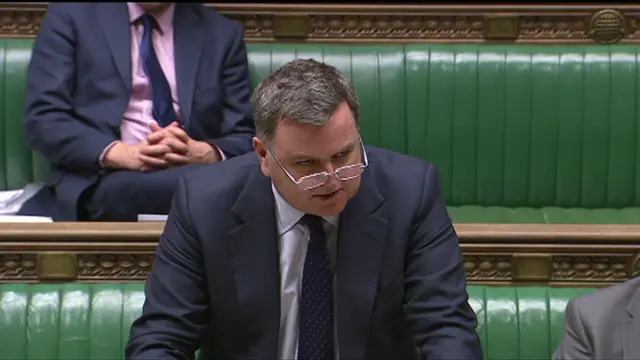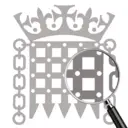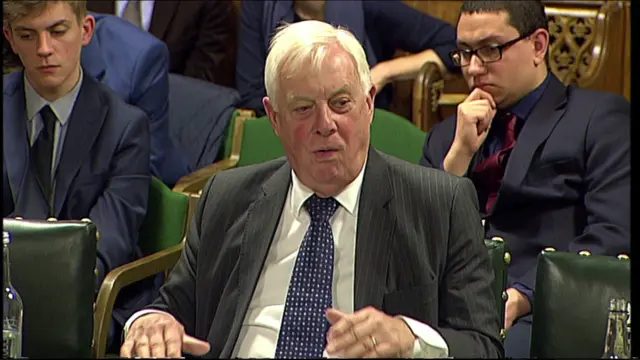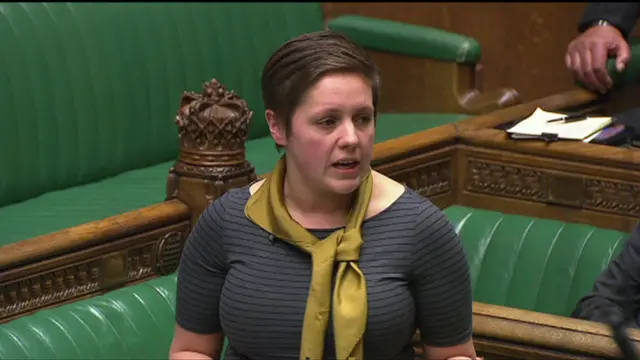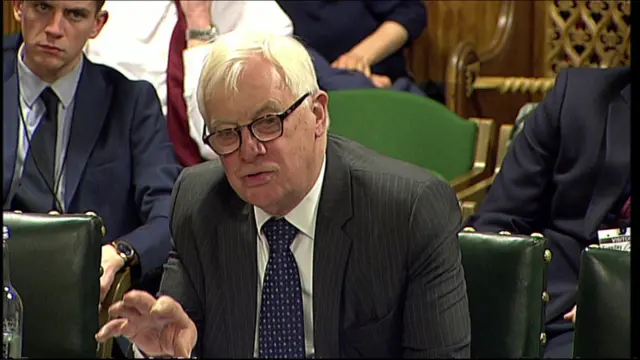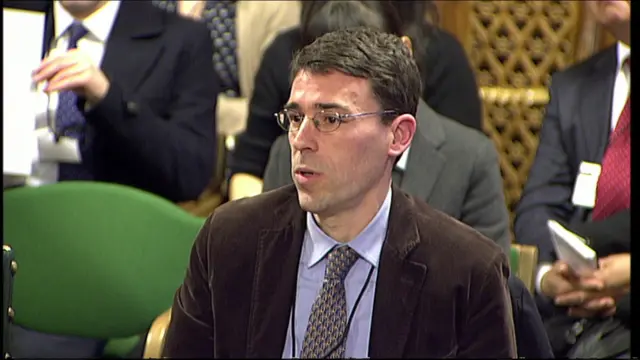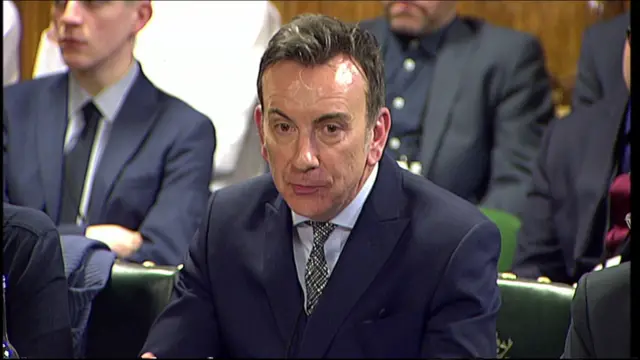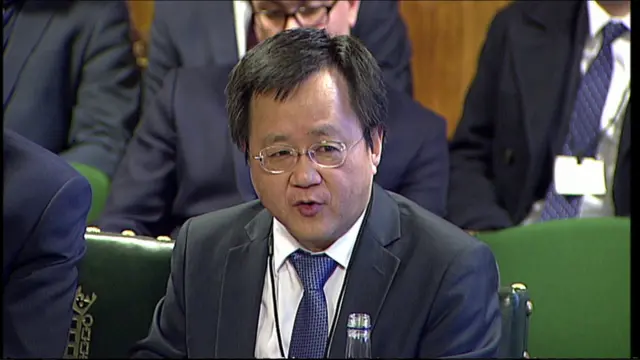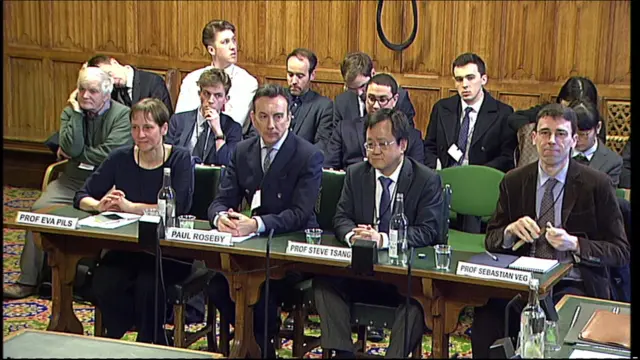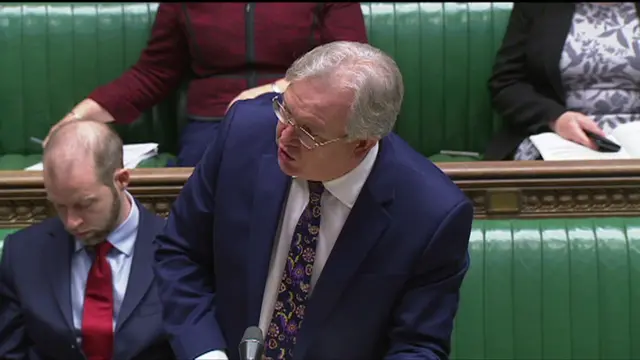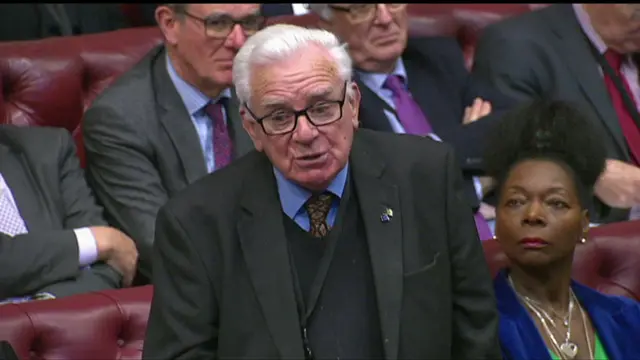MPs begin debate on Brexit-related tax amendmentspublished at 17:38 GMT 8 January 2019
Finance Bill (No.3)
 House of Commons
House of Commons
Parliament
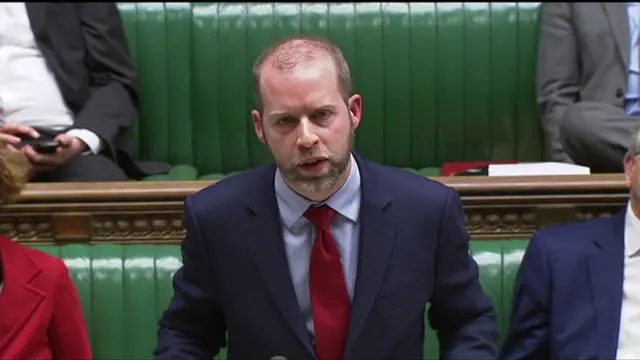 Image source, HoC
Image source, HoCShadow Economic Secretary to the Treasury Jonathan Reynolds says he is grateful to his party colleague Yvette Cooper for tabling amendment 7, included in the group being debated.
This amendment would try to limit the government's financial powers in the event of a no-deal Brexit.
A no-deal Brexit, he says, would also affect the UK's trade beyond Europe, as EU-negotiated deals with countries outside the bloc would "no longer apply" to the UK.
Mr Reynolds says the aerospace and automotive industries, among others, could face "irreparable damages" under a no-deal scenario, and there would be an "inevitable fall of the pound".
"No deal is not a real option," he says, adding: "our vulnerability is evident for everybody to see".
Mr Reynolds says there has been a suggestion that the government may accept amendment 7 later today to avoid defeat.
Whilst normally the opposition would welcome this, he says, it shows the government "has no strategy for anything, except for surviving until the end of the day".
